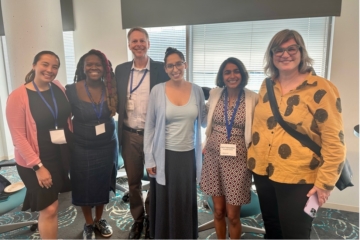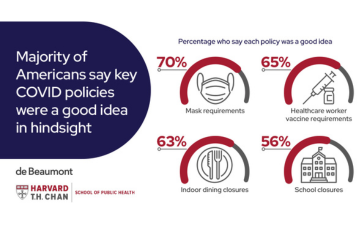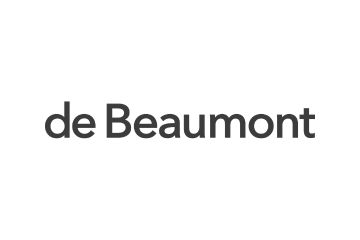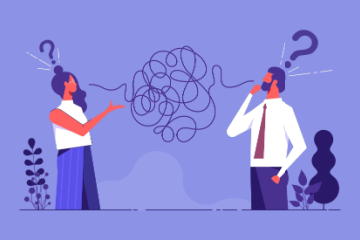Read Megan’s bio. See all 40 Under 40 honorees.
Five Questions for Megan
1. What inspired you to enter the field of public health?
I describe myself as an “accidental” public health professional. Truth be told, if you had asked me 10 years ago what public health was, I might have mumbled something about vaccines and restaurant inspections. But I have always been interested in how our big public systems – like education, healthcare, and criminal justice – work (or often, don’t) to create opportunity for people. I asked that question early in my career as a schoolteacher, a lawyer, and a healthcare nonprofit leader. Then, when I was moving home to Chicago in 2016, I took precisely one job interview. I met with the commissioner of the Chicago Department of Public Health, who told me about Healthy Chicago 2.0, a citywide plan to promote health and racial equity. That plan helped me understand what my career path had been meandering toward: a job in public health, connecting partners across sectors to improve community conditions through policy, system, and environmental change.
2. What are the greatest challenges you face in your work?
Our city will not close gaps in health outcomes unless and until we address inequities in root causes like housing, community development, and environmental health. As a field, public health is still defining our role in these areas; there is no tried-and-true roadmap yet. That requires a willingness to experiment and forge new partnerships beyond our traditional silos. It also demands that our department build internal capacity to carry out this work, including through increased collaboration among our offices of epidemiology, policy, planning, and community engagement. We do our best to understand the evidence and emerging best practices, but often we have to make the path by walking it.
3. What would success in public health look like to you?
For me, success is when public health is invited to the decision-making table to advise on all aspects of local policy – from affordable housing to zoning to police accountability reforms. It’s ensuring that our city sets health and equity goals with community members right up front, then centers them in our everyday work across departments.
4. What’s a story or experience that keeps you going, even when you’re feeling challenged?
There’s a saying that goes something like this: “we plant a tree so that our children may sit in the shade.” I try to keep in mind that the issues we’re tackling in public health – economic justice, structural racism, climate change – will take many people and perhaps many generations to solve. But we can each do our little bit.
5. As a kid, what did you want to be when you grew up?
From my very first “Take Your Daughter to Work Day,” I wanted to be a lawyer like my dad. I was drawn to the idea of standing up for justice and fighting for people’s rights as a job, and that dream carried me all the way through law school. My mom was an urban planner. I didn’t really understand what that meant as a kid, but I realize now. By becoming a public health professional working at the intersection of policy and community development, I’m actually a pretty good mix of both my parents!





